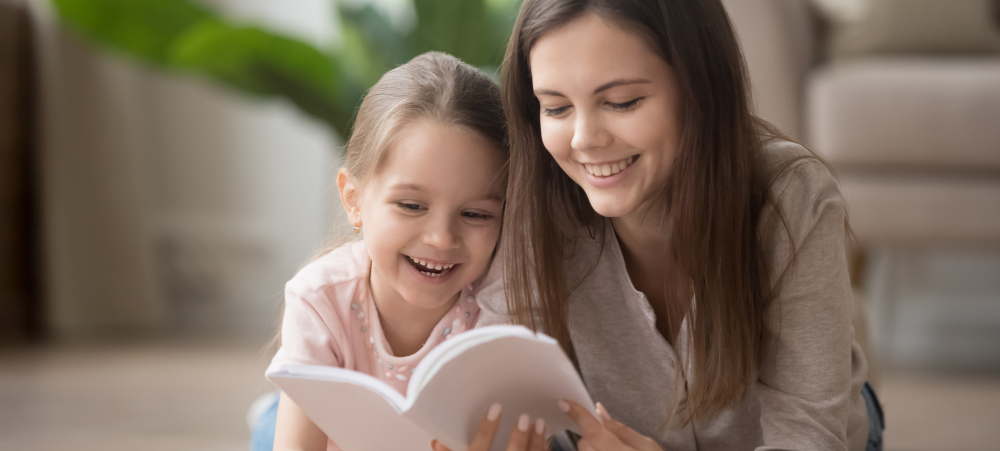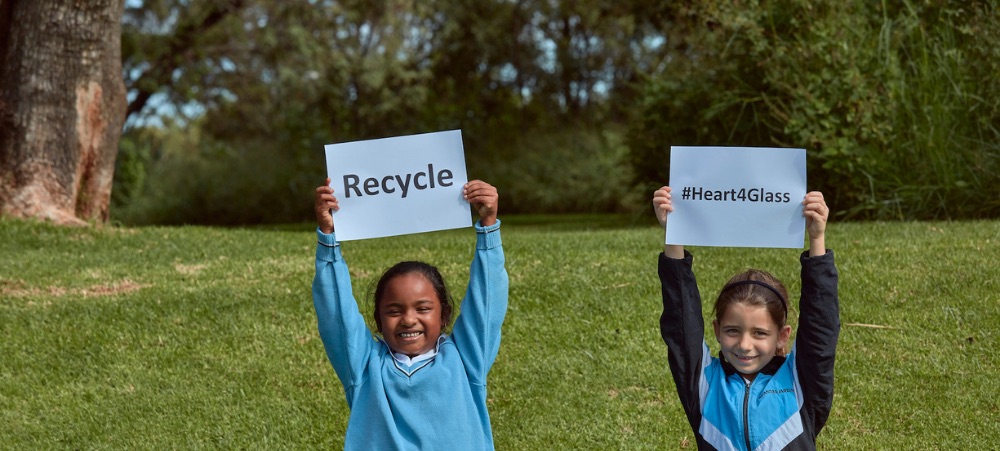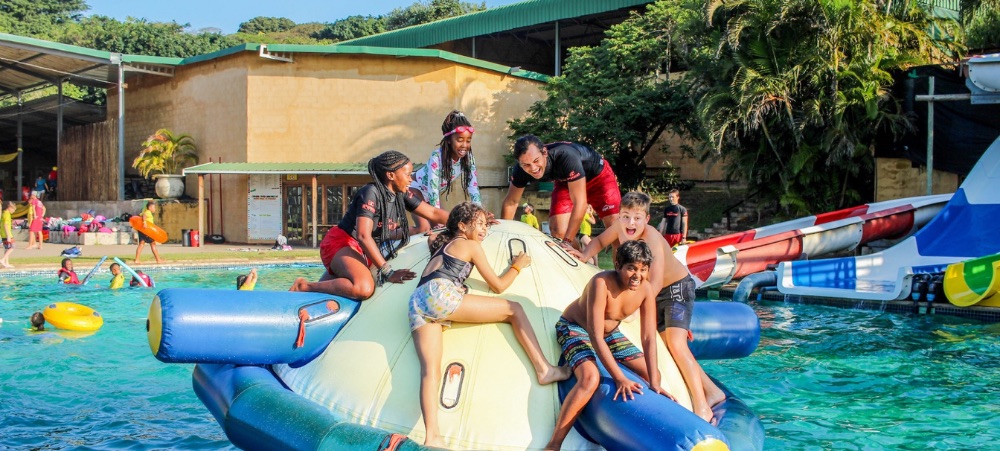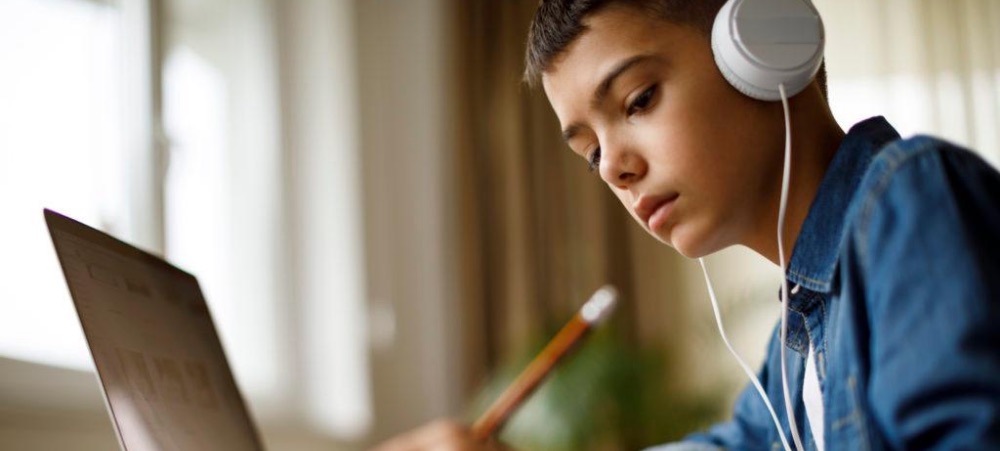What could happen if we gave each person the tools to diminish their anxiety, reduce their fears and build a toolbox to achieve true resilience? Anxiety is a normal part of life, but during the recent Covid-19 pandemic, many people are more worried, concerned and/or depressed than in normal circumstances. In order to find the ways to move forward and manage the stresses that recent circumstances have thrown at us, we need to better understand what anxiety is. “I’ve always described it as a gnawing, tightness in your stomach and even in your whole body. It’s a weird feeling, because you can’t really pin it down. You know you feel worried, but you’re not sure about what. For me anxiety is: an underlying fear of not knowing what the future holds, or what the outcome of a situation will be”, says Dr Greg Pienaar, Principal of The Bridge School for Assisted Learning in Beverley, Sandton. Anxiety is a normal reaction to danger, the body’s automatic fight-or-flight response that is triggered when you feel threatened, under pressure, or are facing a challenging situation An overwhelming number of questions may resonate with us during these circumstances and the pandemic that causes an anxious feeling in the pit of our stomach. They include: What does the future hold? Will we ever get beyond the Coivid-19 virus? What will life be like after… Will we go back to “normal”? What if we get sick? What if a loved one gets sick? What if a lot of people get sick? Will we survive? Am I safe at school? “I want to give you some ideas about coping with anxiety”, Dr Pienaar continues. There are many models out there which refer to methods of coping with anxiety. One of the most famous models is the ‘Three Basic Coping Styles model’ (Endler 1997, and Folkman and Lazarus, 1986): Task-oriented (time-outs, eat well-balanced meals, count to ten slowly, limit alcohol and caffeine, take deep breaths, humour, enough sleep and other similar tasks). Emotion-oriented (meditation, distracting oneself, releasing pent-up emotions). Avoidance-oriented (staying away from triggers where possible, drug or alcohol abuse, severe procrastination). (psychologytoday.com) Many models contain similar ideas but might not be the most suitable for everyone. Thus, consult an expert that could work with you on the different methodologies to find the best practice for you. In the meantime, we look at the following steps that may assist you in this pressurised time One of the best ways of coping with anxiety relates to music. Listening to music, finding appropriate songs for a specific mood. It is really strange that sometimes when you’re feeling down, to listen to sad songs can actually make you feel better. Or hearing a particularly “up” song can make you feel worse? Although at other times listening to particular songs or a specific playlist can make you feel better? For example, here is a “Coping with Covid top 5” playlist. These are songs which currently resonate with me: “I’m Not Over” Carolina Liar (Actually about not being over a girl in a relationship, but for me it’s about not being over The World and all the beautiful things in it, just yet). “Carry the Weight” (acoustic version) Denison Witmer (About “carrying the weight of anybody who needs help, especially at the moment). “Times Like These” (acoustic version) Foo Fighters (Who knew there would be times like these). “What a Wonderful World” Israel Kamakawiwo’ole (Just love this version of how beautiful the world could be…) “Beautiful Day” U2 (Just a reminder about this fact is sometimes required). “Listening to music can definitely make us feel better about the world. The ugliness of the world can melt away, and the important things can rise up: friends, finding beauty in different places or things, sharing, closeness. Especially during Covid 19, having to look at what is really important in life”, says Dr Pienaar However, everybody will have their own songs, or music. Part of the journey will be finding the songs of your life, or the music which is soothing to your soul and assists with anxiety. Enjoy the music. Exercise: If you love running or riding or swimming, this is easy and really helps. However, what if you don’t like exercising? The last thing you want to do when you feel anxious or depressed is to exercise. It’s strange, but that’s when it is the most effective. To force yourself to exercise in those moments will be highly beneficial to you. Walking, jogging, riding, swimming, dancing, stretching, yoga, any exercise. They talk about the release of “endorphins” (feel good hormones) when you exercise, often these can help with easing anxiety. However, be mindful that it won’t help you, if exercising makes you feel bad, frustrated and/or unfit. Another way of coping is to develop a mantra A mantra is a positive saying, expression or motto to live by, that you can use to inspire or motivate yourself. Just by saying it often enough can help with coping with anxiety. “My personal mantra has become ‘I’m Not Over the World’, says …. My mantra used to be “Never, ever, give up”. Develop your own mantra, or use somebody else’s if it fits your world: “It’s going to be ok”, “This is completely understandable”, “The sun will come out tomorrow, or even “I’m doing the best I can”, and possibly in these times: “It is, what it is”. It’s amazing but just the act of talking to someone else is extremely important to assist you to organise your thought processes and help alleviate anxiety. It was once said: “A problem shared is a problem halved…”. It’s almost as if by sharing an issue, someone else hears it, and even if they don’t have answers, they are at least hearing and understanding your anxiety. Drawing, writing, painting, colouring, being creative and innovative can help with calming the anxieties that you are feeling. No-one has to see what you paint or write. It’s more about being



































